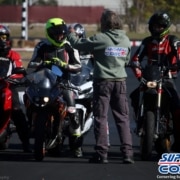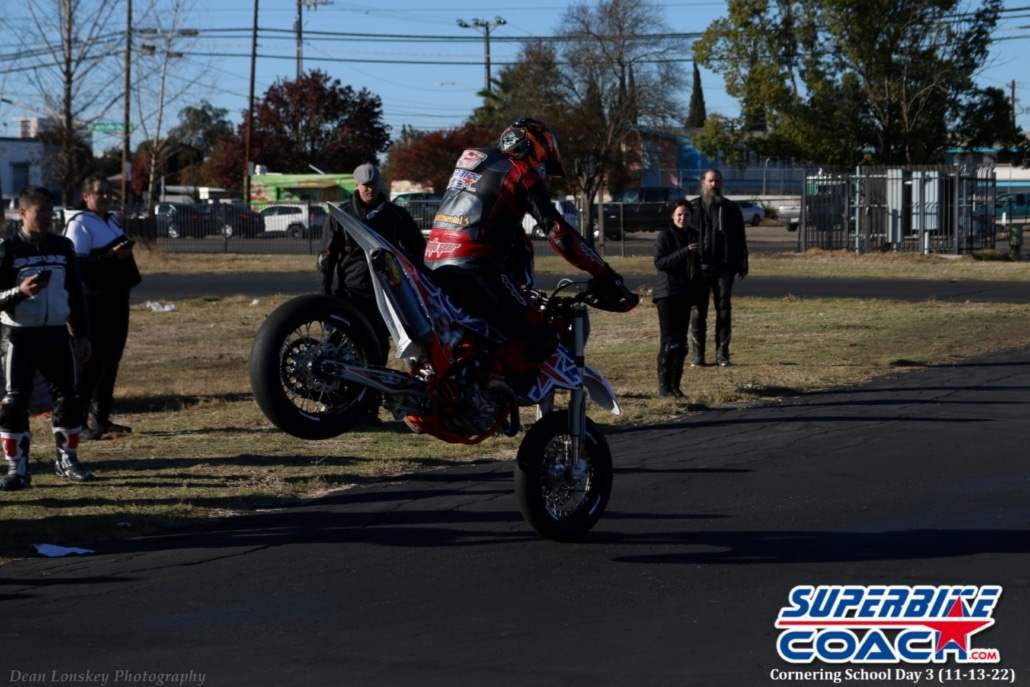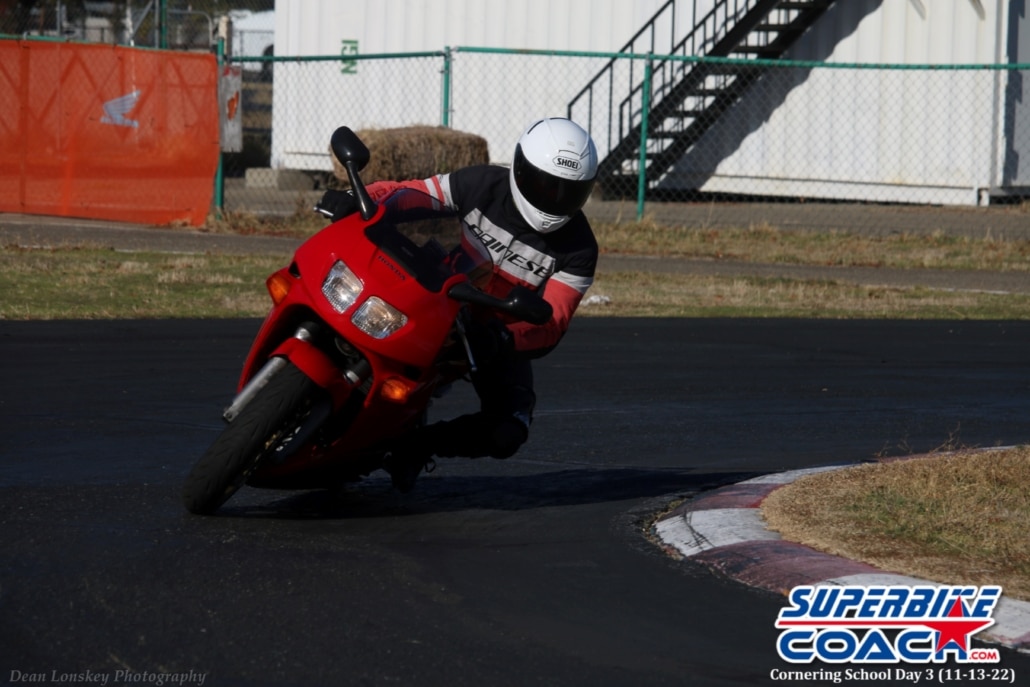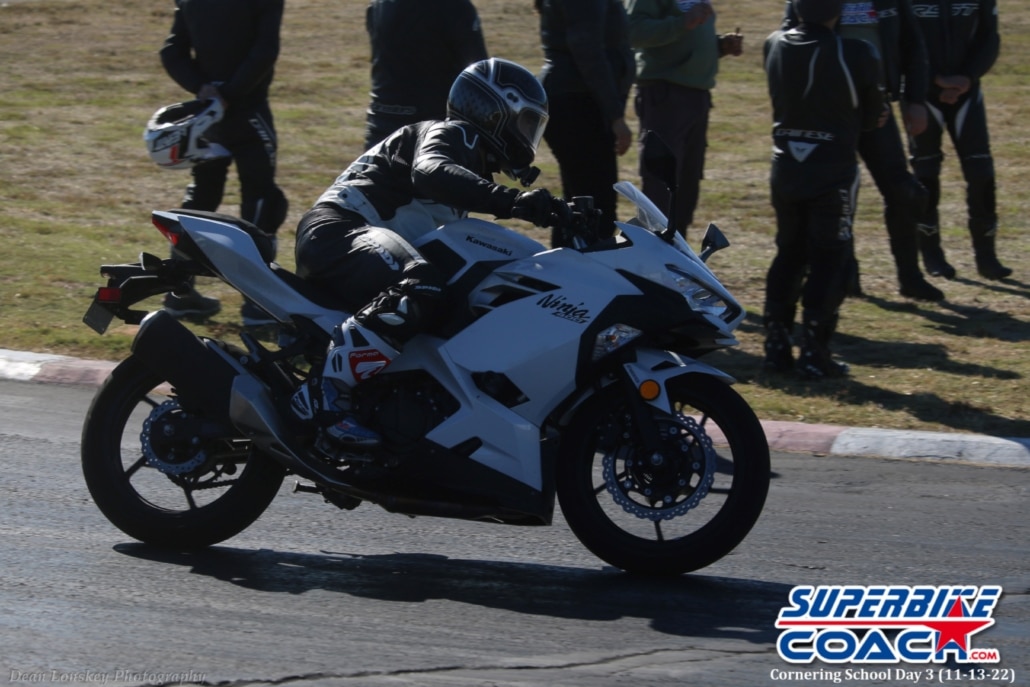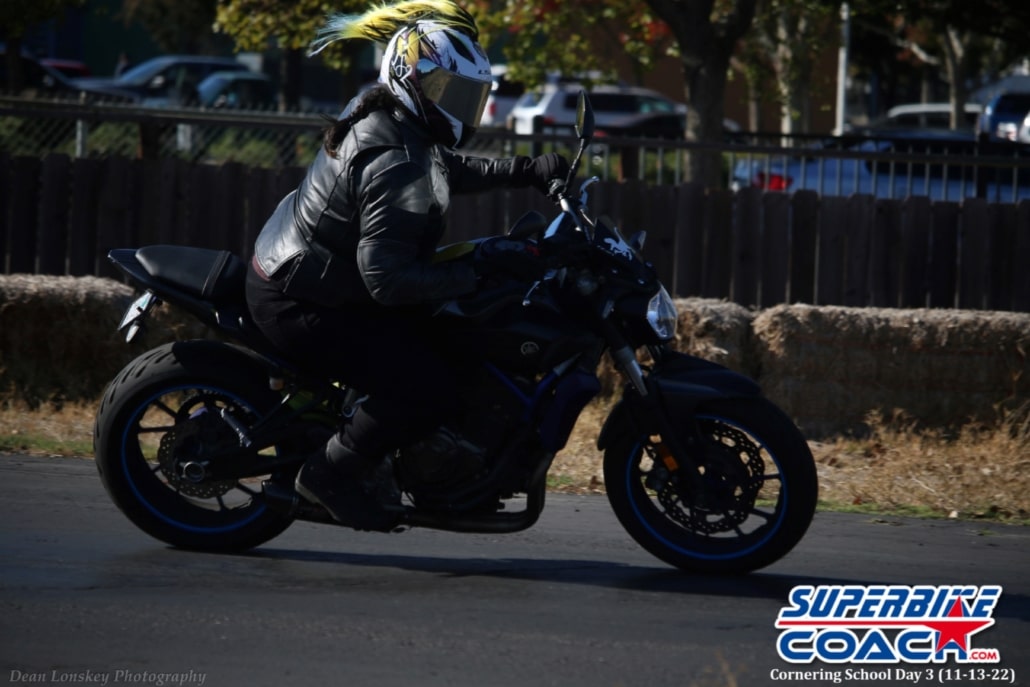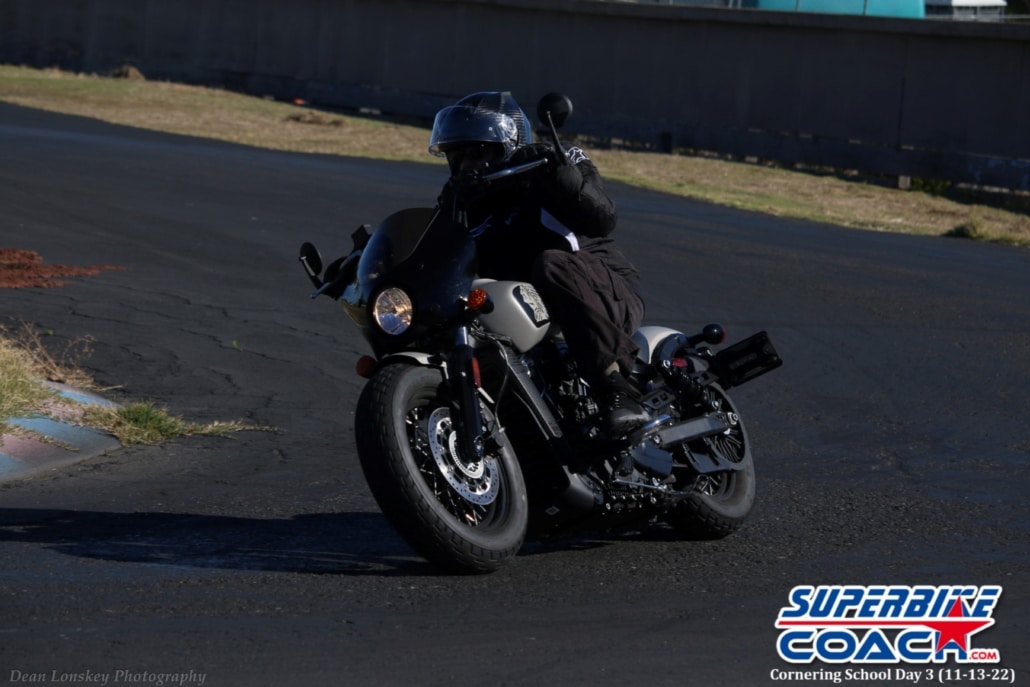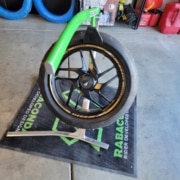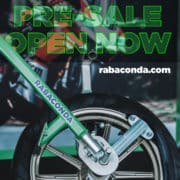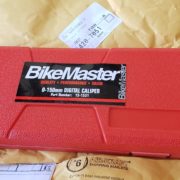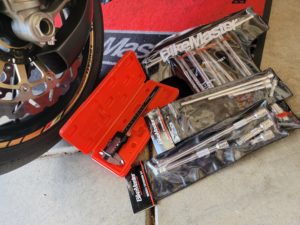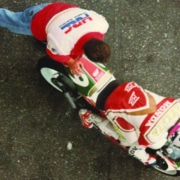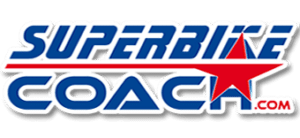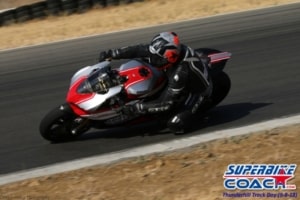If I would get a dollar, each time someone asks me on how to become a professional racer…
I am a strong believer in dreams, because all good things BEGIN WITH A DREAM, but becoming a professional racer is something only a few can turn into reality. I was one, and now I’m a professional coach- which is why I know. An easy way to look at it is: You gotta be THAT GOOD at it, that you get paid for it.
Just this explains a lot and makes dreams pop like soap bubbles already, right?! Especially when you just started racing and look out to those stars already by asking that question too early. Cuz’ how do you know that you’ll ever be THAT GOOD at it?! If you look for it too early, you just make yourselves a four years old who says ‘I wanna be an astronaut when I’m grown up’. Not saying it’s impossible- but it kinda skips quite some significant steps there. Btw… nova days you kinda have to be on the race bike at an age of 4 years already to eventually make pro level. If you are not, then I suggest to make sure to graduate school so that you have a plan B. Sorry for brutal honesty.
Let’s clean something up before we go deeper into this. I noticed that some claiming the title ‘professional’ because their fast- or someone calls an instructor at a track day a ‘professional’ while they are not actually. It seems this term has become a indicator for skill level, like: Amateur> Advanced> Professional. So like a replacement for Expert kinda thing. In fact- they are not professionals, unless they can make a living of it so that they don’t have to follow any other regular full or part time jobs anymore. That’s a professional.
To become one of those few comes with broken bones, blood, dedication, discipline, soul, live changing decisions, sweat, fitness, age, management skills, organization, relationships, and a drop dead killer instinct. There is way more going into this. Things which are off bike and track. You are doing things according to create or to maintain your ‘market value’. At this point… OMG, just overthinking all the facets is almost impossible to bring this together here. But let me try…
Being a professional racer is a 24/7, 365 days a year job. You have ‘vacation’ during the time your bones are healing and skin slowing closes wounds. I did 30 kilometers per day on a mountain-bike. Your daily nutrition is carefully picked (in other words, also your family etc has to play along with your racer life cycle!). Between scheduled testing new parts, you travel a lot from track to track or to the team quarters. You have an appointment for a TV show or a radio podcast interview to do. Magazines or newspapers calling for interviews. You’re sending pictures and autograph cards to fans. You organize team travel and dates for an entire calendar year. Just think of the time and money that point consumes. One of your local sponsors has an event and wants you to pick up your new mountain-bike, which he gives you for that. Ya shake lots of hands and smile into cameras even if you don’t feel like it. ave lots of dinners with team owners who want you to race for them. You have to evaluate a lot and make the right career decisions. In-between you do Moto Cross and whatnot, just to kick and haulin ass. You have dinners with sponsors or those who hopefully become one.
This is just a fraction of the ‘pro package’, and if you call someone a professional while they are not… then you literally slap those few in the face and take their credit away from being a real professional, because they are THAT GOOD at it- on and off the race bike.
Though…
Remember Michael ‘Eddie the Eagle’ Edwards? He never was that good at Ski Jumping actually, but his ‘Never Surrender’ attitude, the shortest jumps in Olympics ever, and his cricket way to jump got him into the hearts of the crowd. ‘Eddie’ had more publicity than the actual competition winner and got TV, radio and the press. That is marketing value, and so he got into lots of lucrative sponsorships. Proof that anyone can make it. Go get creative if you aren’t THAT GOOD at it :-)
Getting hired?
Most likely you won’t, unless you are already THAT GOOD at it. If so, than this is either the so called ‘Works team‘ (for example: Yamaha Factory Racing, HRC Honda Racing Corporation, etc)- a ‘Satellite Racing Team‘ (like: LCR, Tech3, etc). By then though, you are professional for a while already.
You’ll most likely run this just like a business. You won’t EVER get a million dollar RedBull contract of the batch. It takes time to find the right relationships. They start to trust you and discounts turn into free of charge products. If you really getting that much better, you’ll be able to have no more costs in regard bike and gear.
As your calendar fills up and you got tons better, you could turn product sponsorship contracts to monetary support a little, From here it might be enough to have a regular part time job now, and boom- you’d be a Semi-Pro. At this point you’ll pay taxes for this and your life has been immensely changed by then.
All of a sudden there is this championship winning team who just lost their number one racer due to injuries. They call you because they know that you are about to be THAT GOOD at it, and you go contact the relationships you’ve built and tell them about this opportunity. An opportunity which attracts press, fans, other teams… and the circle is closing! You are about to be a professional racer, who gets paid because he’s THAT GOOD at it.
How much can you make?
A pro racer is a promoting machine which has a market value. That value depends on many things: Character, personality, skill, fan base, intelligence, press attractive and much more- all that grows into your racing skill/appearance. Look, if you don’t have the personality to close a sponsor contract with a bunch of zero’s, then you walk away with 2 sets of tires, right?! Your race personality plays into that. Some have more fans crashing all the time just because their ‘bad ass’. Make sense?
There was a German world champion in the 90’s ones. While he barley collected $300k for his next MotoGP season, some upcoming Italian got $7 million for finishing the season 5th. Honda Racing saw more in this guy, and to be able to promote the brand. If you look like you’d ‘race for free’ and the umbrella girl next to you steals the show, then you know. You’re not walking through the paddock, low on confidence and in healthy flip flops- but expect to be seen by fans, press and sponsors. There has to be an aura, attitude, personality, race intelligence.
So there is no exact amount. It’s pretty much what you can make of it. Sky can be the limit, and that could be product sponsorships, monetary sponsorships, licensing, TV rights/share, Merchandising. season bonuses, cash for wins/results, or/and top league… a permanent pay check from a team.
What now?
I know. It sounds like that you’d have to be born with all this to become a professional. Trust me, all this is learnable and you grow into it. Let’s not destroy dreams… let’s have many. Now here is what I want you to do as an amateur racer…
You go race the living dead out of it. You develop a racing intelligence. Have an attitude and show personality. Be the one to beat and make others feel this. Create little relationships with sponsors. Ask for discounts, then for this or that product for free- and when time comes and competition level grows, you ask for money. Run your own team and learn things around it. Look good- just like you could promote something. Then you might become THAT GOOD at it that some team calls you up and ask you to race for them- OR you find sponsors so you can buy yourself into a team (they hand-pick!) which has man and equipment power to win international championships.
Then… you might don’t need to do a regular job anymore. BUT make sure you play and race real well, because pro athletes have an expiration date. Pro racers are like comets… they are glowing bright for a short moment in time only.
Headcoach Can Akkaya, Superbike-Coach Corp



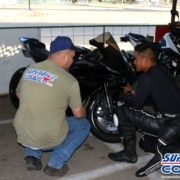
 Please Note All Following Points
Please Note All Following Points